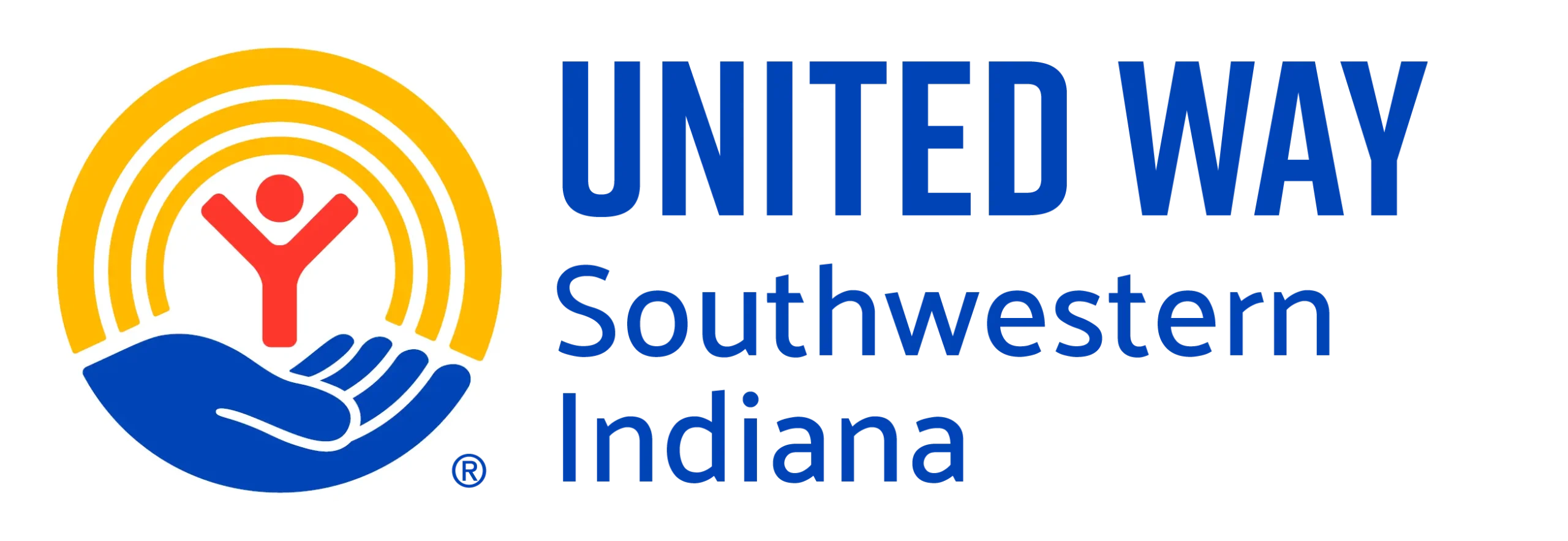The Challenge
Social networks may be smaller or weaker for low-income individuals because they lack family or other social connections to institutions, such as higher education, that are critical for upward mobility. In addition they may also have fewer connections to high-status individuals or institutions that can help provide valuable opportunities.
– The Role of Social Capital in Supporting Economic Mobility, US Dept. of Health & Human Services
The Challenge
Social networks may be smaller or weaker for low-income individuals because they lack family or other social connections to institutions, such as higher education, that are critical for upward mobility. In addition they may also have fewer connections to high-status individuals or institutions that can help provide valuable opportunities.
– The Role of Social Capital in Supporting Economic Mobility, US Dept. of Health & Human Services
Nearly $1.1 Million Awarded in 2025 to Improve Long-Term Stability
Barrier – Financial and Decision-Making Skills
There’s a huge gap between wanting to be self-sufficient and having the skills to do so. United Way helped bridge this gap by awarding grant funds to two initiatives proven to help struggling, working families make progress toward financial and social stability.
These programs teach basic life and decision-making skills, enabling the participants to navigate challenges effectively, replace negative behaviors with productive and healthy behaviors, and achieve personal and professional goals.
Evansville Christian Life Center received grant dollars to expand their GAIN Initiative. GAIN helps low-income people build relationships through a group training model and connect to resources designed to help them move away from crisis or unstable situations toward greater social and financial stability.
Catholic Charities received grant funding to support their Neighbor to Neighbor Program. This five-week training teaches life skills and financial literacy with a goal of moving away from financial dependence on social service agencies and toward self-sufficiency.
Barrier – Mentors and Post-Graduation Opportunities
Young people in our community benefit from mentorship and opportunities to explore career options. Creating social capital – networks of friends, acquaintances, or business associates – at a young age builds the foundation needed for long-term stability.
Through this round of grant funding, families at Dream Center Evansville will receive more “cradle to career” support from volunteer peer mentors and coaches.
Hospitality and Outreach for Latin Americans (HOLA) will use their grant award to connect students with higher education and career mentors. This includes assistance with job shadowing opportunities and college applications.
Barrier – Stable Housing and Welcoming Neighborhoods
Stable housing in a neighborhood that feels safe and welcoming is the pinnacle of financial and social stability.
Two local organizations received grant funding to make this scenario possible for more people.
Habitat for Humanity will use the award dollars to pilot a program that helps previously denied applicants resolve their debt. Mentors will work with the families to improve their financial situation and become eligible for a Habitat home.
Community One plans to expand their neighborhood revitalization efforts, including strengthening relationships with residents and completing action projects.
For individuals, social capital is important because it is a source of power and influence that helps people to “get by” and “get ahead.” The adage: “It’s not just what you know, but who you know” relates to the powerful effects and importance of social capital.
– The Institute for Social Capital
For individuals, social capital is important because it is a source of power and influence that helps people to “get by” and “get ahead.” The adage: “It’s not just what you know, but who you know” relates to the powerful effects and importance of social capital.
– The Institute for Social Capital
